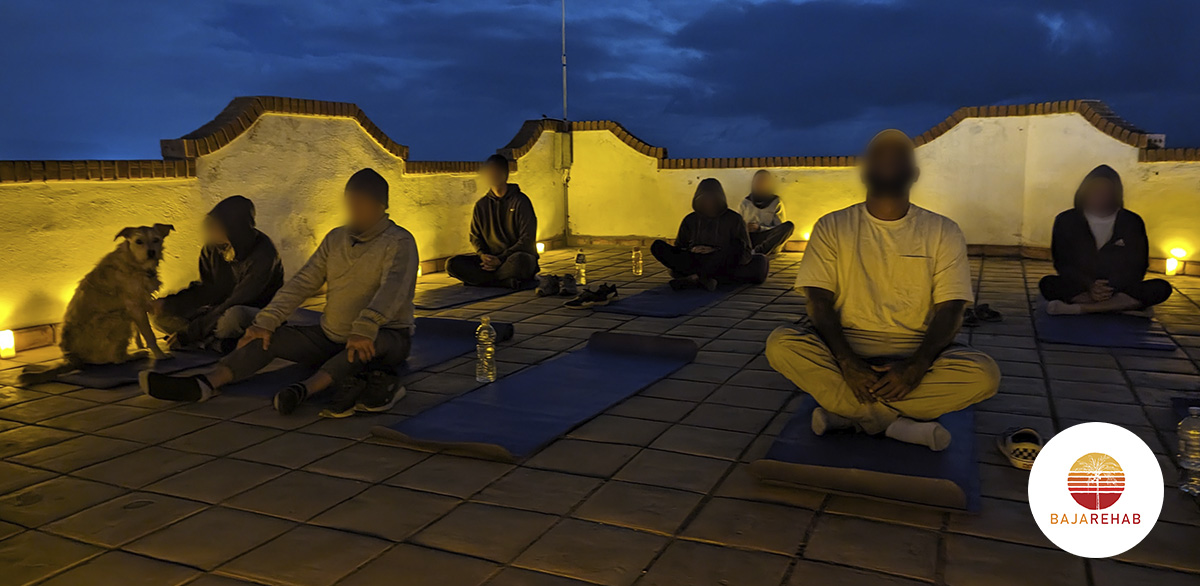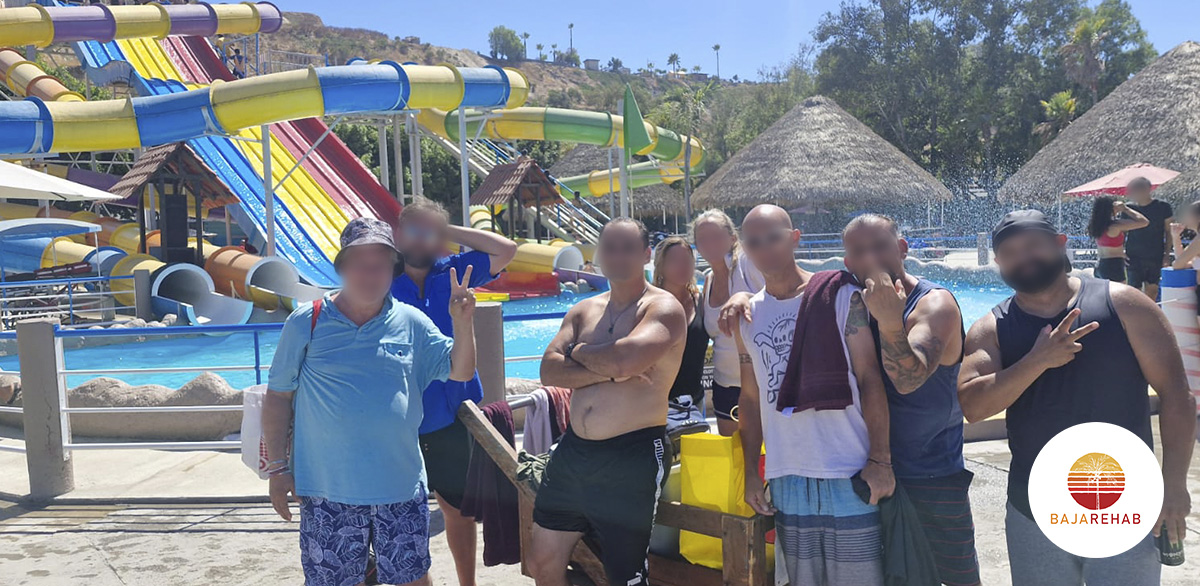Addiction recovery is a journey, and choosing the right treatment center is one of the most crucial steps along the way. Baja Rehab, located in the beautiful and tranquil Baja California region, has set itself apart as a leading facility for holistic addiction treatment.
In the world of addiction treatment, finding a recovery program that treats the whole person—mind, body, and spirit—is essential for lasting sobriety. At Baja Rehab, we believe in the power of a holistic approach to recovery, where healing goes beyond managing addiction to nurturing overall well-being.
Completing a rehab program is a significant achievement, but it’s just the beginning of your journey towards long-term recovery. At Baja Rehab, we understand that the transition from a structured rehab environment back into everyday life can be challenging.
Addiction is a complex and multifaceted condition that affects the mind, body, and spirit. At Baja Rehab, we believe that successful recovery requires addressing all these aspects through a holistic approach to treatment.
Addiction recovery is a multifaceted journey that requires more than just traditional therapy and medication. At Baja Rehab, we recognize the importance of holistic approaches in healing and have embraced creative therapies as a powerful tool in our comprehensive treatment programs.
Baja Rehab cofounders Adam Lincoln & Jessica Shrader attend the West Coast Addiction Symposium to provide an interview with one of America’s leading behavioral health systems, Lightning Step.
At Baja Rehab, we believe that the environment plays a crucial role in the healing process. Nestled along the serene coastline of Baja California, our oceanfront drug and alcohol addiction recovery center offers more than just top-notch treatment programs.












